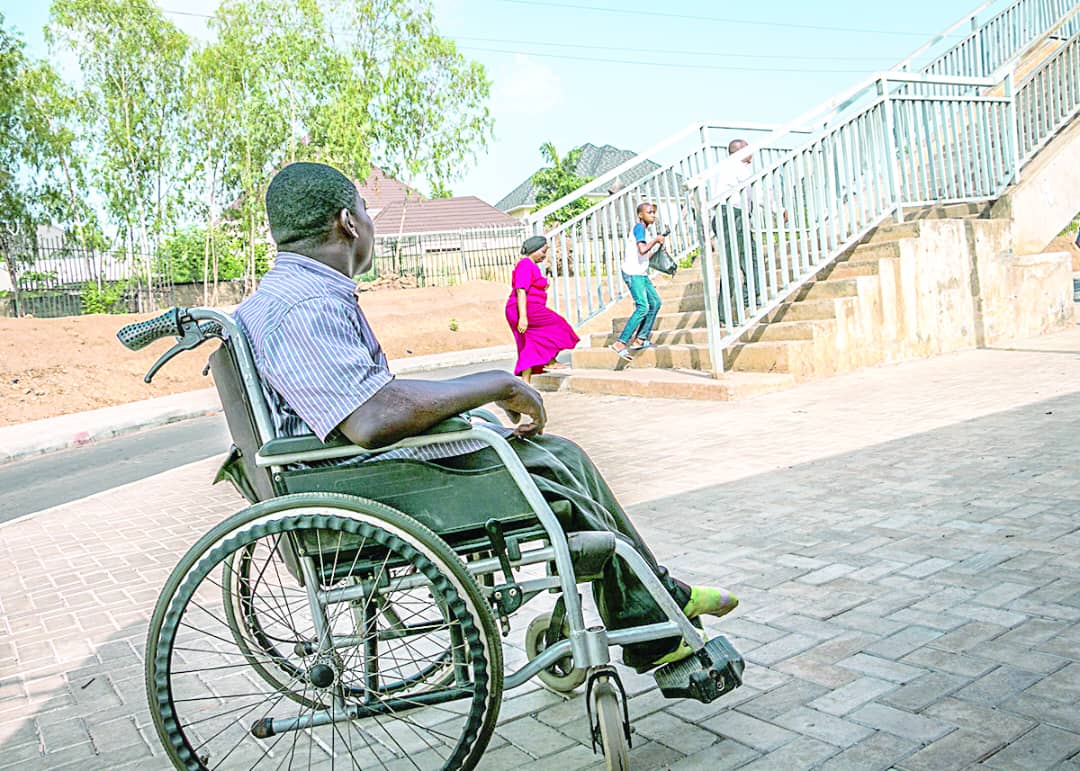As Nigeria accelerates its digital transformation and financial inclusion efforts, Persons with Disabilities (PWDs) remain largely excluded. Despite advances in mobile banking and digital platforms, PWDs face significant barriers, revealing a broader issue of systemic marginalization. Inaccessible digital platforms and inadequately trained personnel impede PWDs’ financial independence and economic participation.
STRUGGLES IN ACCESSING FINANCIAL SERVICES
Mr. Adeola Aina, Vice Chairman of the Association for the Blind in Nigeria, highlights the frustration experienced by many visually impaired individuals when interacting with the banking system. Digital platforms, intended for convenience, are often inaccessible to PWDs. USSD banking services, a commonly used tool, present serious challenges for the visually impaired due to time constraints and non-speech-enabled token systems, which necessitate the purchase of alternative services that still lack true independence.
Aina describes internet banking as a “nightmare,” noting that while some banks have somewhat accessible apps, this is often more by chance than by design. A survey across 10 banks reveals that many mobile apps remain unusable for PWDs due to poor design, unlabelled buttons, and incompatibility with built-in accessibility features. The increased use of facial recognition further excludes visually impaired users.
In addition, those with other disabilities face similar issues: individuals with albinism struggle with poor color contrasts, while wheelchair users encounter physical inaccessibility at ATMs and banking halls.
DISCRIMINATORY PRACTICES
Discrimination exacerbates these challenges. Aina recounts an incident in Lagos where he was denied entry to a bank by a security guard simply for using a cane. Although he received an apology afterward, this experience highlights the daily indignities faced by PWDs.
Aina suggests involving PWDs in the development and testing of digital platforms to address accessibility issues early and advocates for speech-enabled ATMs, which have been successfully implemented in other countries.
Mr. Lukman Salami, Chairman of the Nigerian Association for the Blind, shares a similar experience. When renewing his ATM card at a First Bank branch, he was required to sign an indemnity form to appoint someone else to operate the ATM on his behalf. Salami questions why banks penalize visually impaired customers instead of adopting accessible technology like speech-enabled ATMs. “It’s not about our inability,” he asserts, “it’s about the bank’s failure to innovate.”

